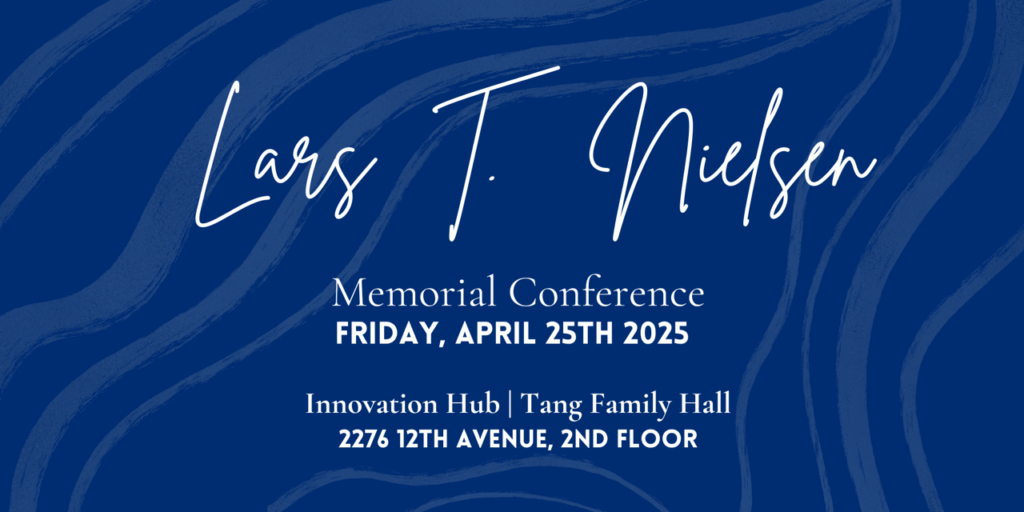|
Please join us in congratulating Prof. Michael I. Weinstein on his election to the American Academy of Arts and Sciences.
Title: Renormalization, fractal geometry and the Newhouse phenomenon Speaker: Artur Avila (IMPA) Date, Time, Location: Wednesday, April 23rd @4:30PM – 5:30PM in Math Hall 520 Abstract: As discovered by Poincaré in the end of the 19th century, even small perturbations of very regular dynamical systems may display chaotic features, due to complicated interactions near a homoclinic point. In the 1960’s Smale attempted to understand such dynamics in term of a stable model, the horseshoe, but this was too optimistic. Indeed, Newhouse showed that even in only two dimensions, a homoclinic bifurcation gives rise to particular wild dynamics, such as the generic presence of infinitely many attractors. This Newhouse phenomenon is associated to a renormalization mechanism, but also with particular geometric properties of some fractal sets within a Smale horseshoe. When considering two-dimensional complex dynamics those fractal sets become much more beautiful but unfortunately also more difficult to handle.
The Lars Tyge Nielsen Memorial Conference is on April 25th from 1-7PM. This is a day to honor our late director of the MAFN program Lars Tyge Nielsen. The Memorial Conference will be held at the Innovation Hub of Columbia Engineering (2276 12th Ave, New York, NY 10027) on April 25th, 2025. Register Here.
Title: Homotopy groups of spheres and algebraic K-theory Speaker: Ishan Levy (Copenhagen) Date, Time, Location: Wednesday, March 12th @4:30PM – 5:30PM in Math Hall 520 Abstract: The homotopy groups of spheres classify continuous functions from an n-dimensional sphere to an m-dimensional sphere up to continuous deformation. They are of great interest as they control many classification problems in geometric topology, but are enormously complicated. I will explain some of what we know about them, and describe the telescopic approach to understanding them systematically. I will then explain how algebraic K-theory has refined our understanding of the telescopic approach, and can be used to obtain asymptotic lower bounds on the complexity of these homotopy groups that were previously out of reach. Lecture Series Info Sheet The Ito calculus may be viewed as an extension of the Newton-Leibniz calculus to We illustrate the concepts and results of this theory in the setting of the Ito- I. Ito calculus without probability *: if time permits Meeting on Tuesdays at 4:10 p.m. Room 507, Mathematics Hall 2990 Broadway (117th Street) The Math Library Ribbon cutting ceremony will be on Wednesday, February 5th from 1:15PM – 1:45PM. Come join us in celebrating the renovated library!
Special Colloquium Speaker: Lue Pan (Princeton University) Date and Time: Tuesday, January 28 @ 2:40PM Special Colloquium Speaker: Alex Smith (UCLA) Date and Time: Thursday, January 23 @ 2:40PM Special Colloquium Speaker: Alex Petrov (MIT) Date and Time: Wednesday, January 22 @ 4:30PM |
Department of Mathematics
Columbia University
Room 509, MC 4406
2990 Broadway
New York, NY 10027
Phone: (212) 854-4112
Fax: (212) 854-8962
Web Design by
Matthew Kressel @ Sunray Computer
